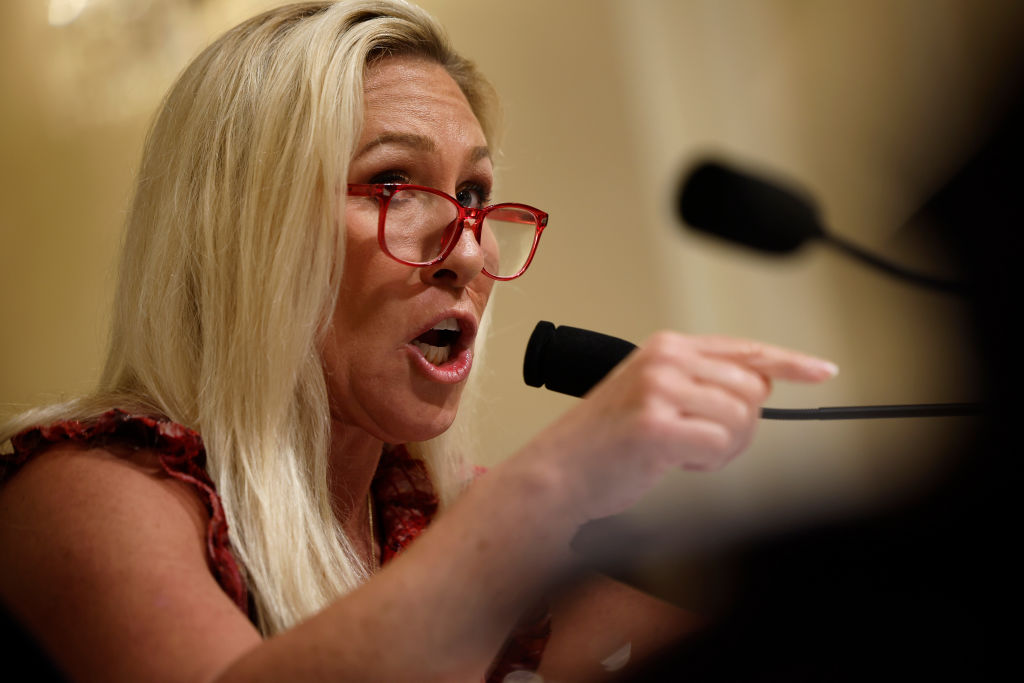Lagos, Nigeria, is expected to overtake Cairo soon as Africa’s largest city. Private water vendors there do a brisk business in the many neighborhoods that otherwise lack access to potable water.
The drone of generators is omnipresent, at offices and markets, in neighborhoods rich and poor, because the power grid doesn’t produce enough power. Periodic blackouts extend for hours, days, sometimes weeks.
Such is daily life in Nigeria’s commercial capital, where the population is estimated at 15 million and growing at 6 percent or more each year. Problems with traffic congestion, sanitation and water supplies are staggering; a recent article in UN-Habitat said two-thirds of the residents live in poverty.
The rest of Nigeria isn’t growing as fast – estimates of its growth rate range from 2 percent to 3.2 percent. But it’s already Africa’s most populous country with more than 160 million people.
Ndyanabangi Bannet, the U.N. Population Fund’s deputy representative in Nigeria, notes that 60 percent of the population is under 30 and needs to be accommodated with education, training and health care.
“It is a plus if it is taken advantage of,” he said of Nigeria’s youth. “But if it is not harnessed, it can be a challenge, because imagine what hordes of unemployed young people can do.”
In Uganda, another fast-growing country, President Yoweri Museveni used to be disdainful of population control and urged Ugandans, especially in rural areas, to continue having large families.
Recently, the government has conceded that its 3.2 population growth rate must be curbed because the economy can’t keep pace. Earlier this year, anti-government protests by unemployed youths and other aggrieved Ugandans flared in several communities, and nine marchers were killed in confrontations with police.
“The government has been convinced that unless it invests in reproductive health, Uganda is destined to a crisis,” says Hannington Burunde of the Uganda Population Secretariat.
Among those who are struggling is John Baliruno, 45, of Mpigi in central Uganda, a father of nine.
“I never intended to have such a big number,” he said. “I with my wife had no knowledge of family planning and ended up producing one child after another. Now I cannot properly feed them.”
Looking ahead, he’s pessimistic.
“The environment is being destroyed by the growing population. Trees are being cut down in big numbers and even now we can’t get enough firewood to cook food,” he said. “In the near future, we will starve.”
Another of the fastest-growing countries is Burundi. With roughly 8.6 million people, it’s the second most densely populated African country after neighboring Rwanda.
Omer Ndayishimiye, head of Burundi’s Population Department, said continued high growth coincides with dwindling natural resources. Land suitable for farming will decline, and poverty will be rampant, he said, noting that 90 percent of the population live in rural areas and rely on farming to survive.
The government has been trying to raise awareness about the demographic challenges among the clergy, civic leaders and the general public.
“We are suggesting couples to go to health clinics to get taught different birth control methods,” Ndayishimiye said. “But we are facing some barriers … Many Burundians still see children as source of wealth.”
At her modest house in Gishubi, Godelive Ndageramiwe ponders the changes that have made her regret her large family.
“Children were a good labor force in the past when there was enough space to cultivate,” she said. “Today I can’t even feed my family properly. My kids just spend days doing nothing.”
After her fourth child, she began to worry how her family could be cared for.
“But my husband was against birth control and wanted as many children as possible,” she said. “It was delicate because he could marry another wife.
“My friends advised me to go to a nearby clinic, but I was told I must come with my husband. Now I have laid the issue in the hands of God.
RELATED:
















